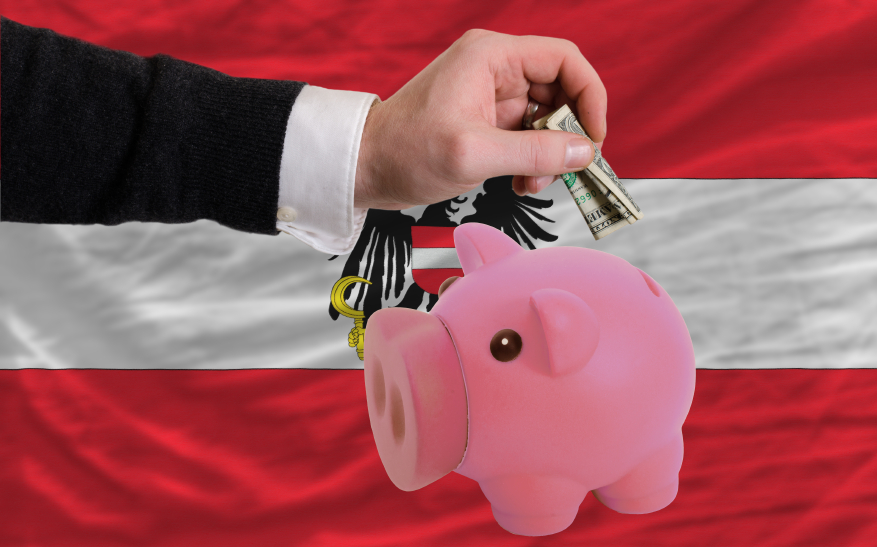Financing your Studies in Austria

Cost of your studies
Tuition fees
Austria is an especially attractive country to study in because tuition in Austrian Universities is effectively free for Austrian and EU/EEA students but with some restrictions. Students must complete their studies and graduate in the minimum duration period allowed, plus an allowance of two extra semesters. Students not satisfying this rule or who wish to just take some courses must pay 363 € per semester.
Non-EU/EEA students pay 727 € per semester. Some categories of foreign students may pay only 363 €. Foreign students in exchange programmes and from least developed countries may also be eligible for fee exemptions.
Universities of Applied Sciences have the right to charge fees and currently 17 of the 20 charge the basic fee of 363 € per semester. University Colleges of Teacher Education may also charge similar fees.
Private Universities have their own fee structure. Fees start at 1,000 € per semester but may be substantially higher.
Post-graduate fees are generally the same as undergraduate ones, but some PhD programs in especially desirable areas such as international law may have fees between 1,800 € and 5,575 € per semester.
Cost of living
Accommodation is the major single expense for students everywhere and costs in Austria are quite low. In most University towns dormitory accommodation is available for 200 € a month. This is also the approximate cost for sharing a flat, which will cost around 600 € to rent alone.
Student passes in Austria carry rather more privileges than those in other countries. In Vienna for example, it will buy public transit for an entire semester for just 75 €. A 20 € pass is available to students that gives a 50% reduction on tickets on the national railway system. Entry fees for museums and other events will also be cheaper.
Food costs are comparable to, or cheaper than, other European countries. Cheaper restaurant meals begin at around 9 €. A coffee is less than 3 € and beer in a bar is also around 3 €. Monthly internet costs are around 20 €.
Financing your studies
Public support
Apart from the free-tuition scheme designed to improve access to University for poorer students, there is a system of grants administered by the Austrian Study Grant Authority.
Support may either be direct, via payments to students, or indirect as non-cash benefits or transfers to their parents.
Direct study grants are available to cover fees, transportation, child support, orphan allowances, insurance and other costs. Students can earn up to 8,000 € while receiving such grants.
The basic grant is 5,700 € per year. Married students, students without parents, those who must live away from home to study, or those who have been independent for four years when beginning their studies receive 8,148 € per year. Students with a child receive 6,500 € or 9,000 € if they must live away from home. Severely disabled students receive an additional grant of between 160 € and 420 € depending on their level of disability.
Tax allowances, child tax credits, health and accident insurance and child allowances are some of the indirect benefits also available. These are normally paid directly to the student’s parents.
Scholarships
There are over 1,600 scholarships for study in Austria available to international and Austrian students. Scholarships may be based on financial circumstances, academic performance, support for women or immigrant students, areas of interest or research and innovation or just unusual.
There is also an extensive system of grants for post-graduate studies available to international students under the International Cooperation and Mobility Program to encourage study in Austria.
Student Loans
Subsidized bank loans may also be available to pay tuition fees for students not eligible for grants.
However these are only available to Austrian residents, so most EU or foreign students would not be eligible unless they have already established residency.
Student jobs
Most students in Austria work part-time during the semester. Popular jobs are in the hospitality industry, retail, telemarketing, cleric work or tutoring.
Because of the long summer break – from July to October – many students take full-time jobs during that period. However for students on scholarships and those requiring a residency permit, there may be restrictions on the total number of hours worked in a year.
